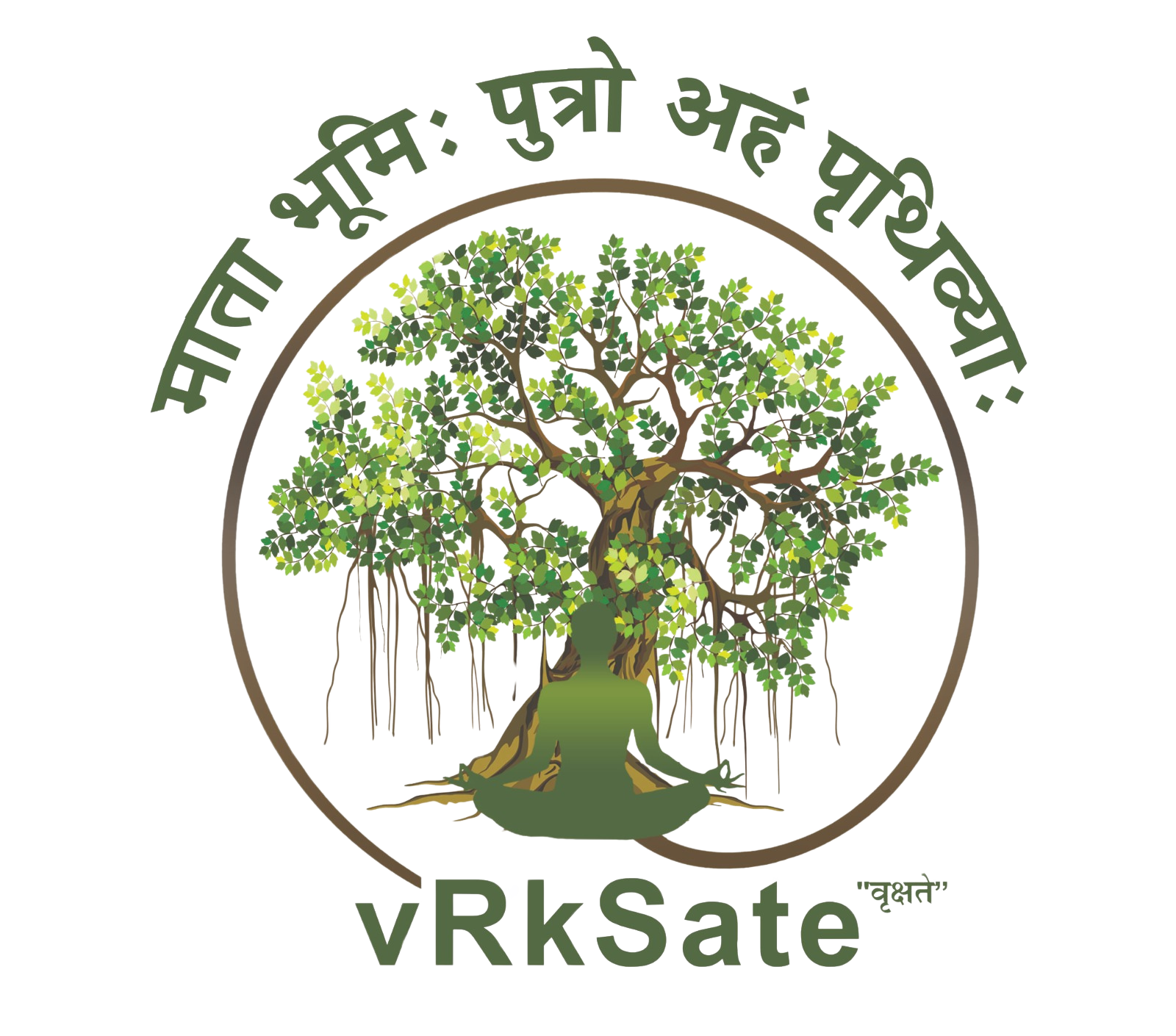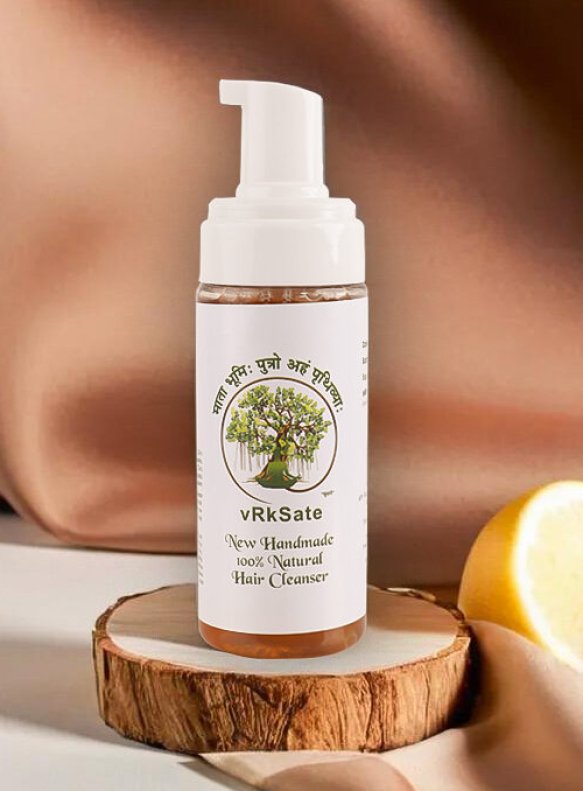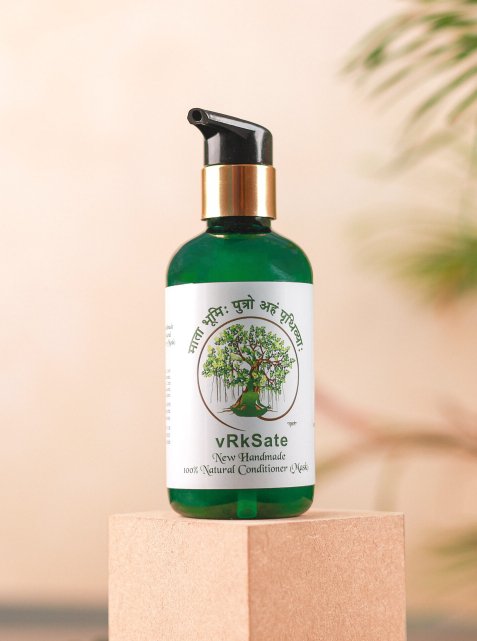How did it began...
OUR STORY
With over a decade of experience, we embarked on a journey across India to discover the hidden treasures of nature. From the lush forests to the bustling villages, we found unique ingredients revered in local traditions for their proven benefits for hair, skin, and overall well-being.
Inspired by the timeless wisdom of Ayurveda, we aim to revive knowledge that has been overshadowed by history—disrupted by invasions and colonial influences. Ayurveda teaches us that true remedies are often found in nature, and much of this knowledge is preserved not just in ancient texts but in the practices of local communities.
Before industrialization, herbs and natural ingredients were widely recognized for their safety and effectiveness. These remedies, exclusive to their regions, have stood the test of time.
At our core, we are committed to collecting and preserving this invaluable knowledge. By blending it with modern scientific innovation, we create products that honor traditional wisdom while addressing today’s needs. Our mission is to bring you solutions that are natural, effective, and aligned with the principles of holistic well-being.
Do You Know?
Your hair care and skin care products may have synthetic compounds.
The use of synthetics in hair care products like SLS, SLES, triclosan, alcohol, and formaldehyde can cause dryness, brittleness, and weakening of hair, while quaternion compounds, polyquaternium-10, and titanium dioxide may build up and dull hair.
| Many ingredients, including SLS, alcohols, and formaldehyde, can cause irritation, dryness, flaking (dandruff), or allergic reactions on the scalp. |
Let us show you the side effects of Chemicals you use daily on your skin and hair.
| Synthetic compounds | Hair | Scalp |
| SLS | Causes dryness, brittleness, and frizz, and it can strip natural oils. It may fade color-treated hair. | Irritation, itching, redness, and over-stripping of oils lead to compensatory oil production. |
| SLES | Similar to SLS but milder. It may still lead to dryness and damage with prolonged use. | Potentially irritating, but generally less likely than SLS. It can trigger allergic reactions in sensitive individuals. |
| Triclosan | It can lead to dryness and brittleness due to antibacterial effects disrupting the scalp’s natural microbiome. | It may cause irritation, dryness and exacerbate sensitivity. |
| Retinyl Palmitate | It may cause dryness or brittleness due to its drying properties. | It can increase sensitivity to sunlight, potentially causing irritation or peeling. |
| Alcohol | Short-chain alcohols (e.g., ethanol) can cause dryness and weaken strands. | Drying, leading to flaking and potential irritation. Fatty alcohols (e.g., cetyl alcohol) are less harsh. |
| Toluene | Rarely used in hair products, but if present, it can weaken hair and cause brittleness. | It can irritate and may cause dermatitis in sensitive individuals. |
| Resorcinol Sulfides | Often used in hair dyes, it can weaken strands and cause breakage. | Allergic reactions, redness, and irritation are common. |
| Parabens | Generally safe for hair but controversial due to potential long-term health effects. | It may cause irritation or allergic reactions in sensitive individuals. |
| Phthalates | Rarely direct effects on hair. Mostly concerns over health risks. | It can irritate sensitive scalps. |
| Formaldehyde | Weakens strands and can lead to breakage, particularly when used in straightening treatments. | Strong irritant, potentially causing redness and burns in extreme cases. |
| Quaternium | Creates a conditioning layer but can build up and weigh hair down over time. | It may cause irritation or allergic reactions in some individuals. |
| benzaldehyde | Rarely used in hair products but may weaken hair if used excessively. | Potential irritation or allergic reactions. |
| ketones | Depending on the type, it may lead to dryness. | Potential for irritation or sensitivity reactions. |
| titanium dioxide | Generally safe but can leave residues, dulling hair if overused. | Rarely irritates; mostly used in sunscreens. |
| hydroxypropyltrimonium chloride | Acts as a conditioning agent but may build up with excessive use. | Typically mild, but buildup may irritate. |
| Lauryl glucoside | Gentle surfactant, minimal risk of dryness. | Rarely irritates; good for sensitive scalps. |
| decyl glucoside | Mild and non-drying, suitable for sensitive hair types. | Generally non-irritating, suitable for sensitive skin. |
| sodium lauroyl sarcosinate | Gentle cleanser, minimal drying effect. | Rarely irritating, suitable for sensitive skin. |
| cocamidopropyl betaine | Mild surfactant, unlikely to cause dryness. | It may cause allergic reactions in some due to impurities (e.g., amidoamine). |
| polyquaternium-10 | Smooths hair but may cause buildup with heavy use. | Generally safe but may cause pore-clogging or irritation in rare cases. |
| Sodium PCA | Hydrates hair, generally safe. | Helps maintain moisture, typically non-irritating. |
| sodium benzoate | Preservative with minimal direct effects on hair. | Rare allergic reactions in sensitive individuals. |
| aldehyde | It can cause damage or dryness, depending on type and concentration. | Potential irritant. |

Handmade

Cruelty-Free

All Natural



